HOME / BLOG
Bee Informed: The Latest Buzz from B Brothers Honey
Welcome to our hive of knowledge, where honey enthusiasts and nature lovers alike can explore engaging stories, expert tips, and the latest trends in the world of honey. Whether you’re a seasoned apiarist or a curious foodie, our blog offers a rich blend of articles that celebrate the craftsmanship behind every jar and the incredible journey from flower to table.
News
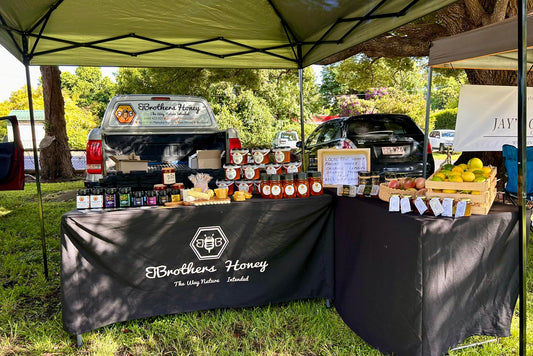
Discover the Finest Honey Supplier on the Gold ...
If you're searching for a premium honey supplier on the Gold Coast, look no further than B Brothers Honey. Renowned for delivering high-quality, raw, and cold-extracted honey, B Brothers Honey...
Discover the Finest Honey Supplier on the Gold ...
If you're searching for a premium honey supplier on the Gold Coast, look no further than B Brothers Honey. Renowned for delivering high-quality, raw, and cold-extracted honey, B Brothers Honey...
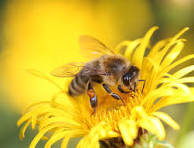
A Day in the Life of a Bee: What Do Bees Do All...
Bees are some of nature’s hardest workers, tirelessly buzzing from sunrise to sunset, ensuring their hive thrives and our ecosystems flourish. But what exactly does a bee’s daily routine look...
A Day in the Life of a Bee: What Do Bees Do All...
Bees are some of nature’s hardest workers, tirelessly buzzing from sunrise to sunset, ensuring their hive thrives and our ecosystems flourish. But what exactly does a bee’s daily routine look...
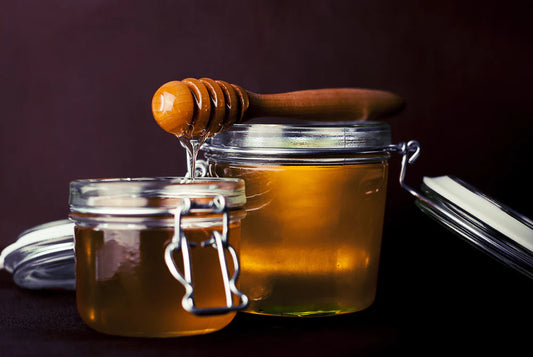
Top 5 Benefits of Manuka Honey
Thanks to its antibacterial, antiviral, anti-inflammatory and antioxidant properties, manuka honey can be used to help treat wounds, improve your oral health, soothe a sore throat and treat ulcers and...
Top 5 Benefits of Manuka Honey
Thanks to its antibacterial, antiviral, anti-inflammatory and antioxidant properties, manuka honey can be used to help treat wounds, improve your oral health, soothe a sore throat and treat ulcers and...
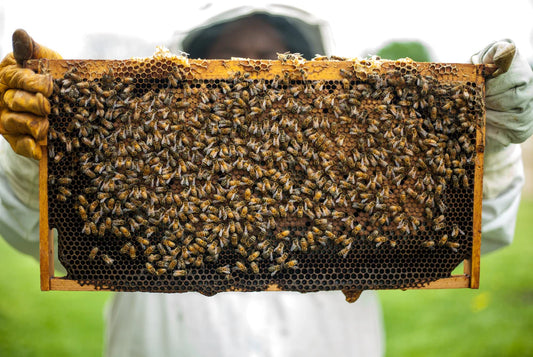
It's World Bee Day
The main purpose of World Bee Day events is to spread awareness of the significance of bees and other pollinators for our survival. World Bee Day is an excellent opportunity...
It's World Bee Day
The main purpose of World Bee Day events is to spread awareness of the significance of bees and other pollinators for our survival. World Bee Day is an excellent opportunity...
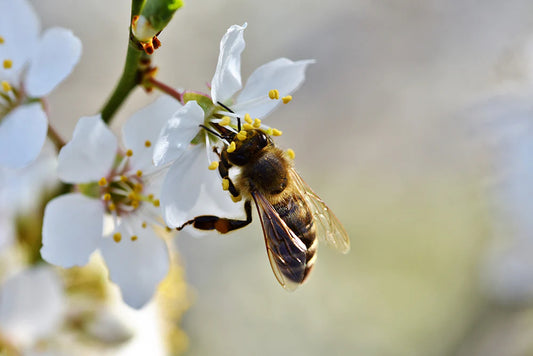
The Extraordinary Story of Manuka Honey
Honey made by bees that pollinate the Manuka flower is famous the world over, and its unique flavour and antibacterial properties have been celebrated for years. So why is it...
The Extraordinary Story of Manuka Honey
Honey made by bees that pollinate the Manuka flower is famous the world over, and its unique flavour and antibacterial properties have been celebrated for years. So why is it...
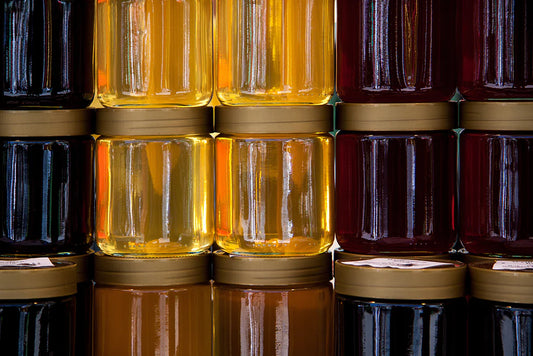
What Manuka Honey is Right for You?
The strength of Manuka Honey doesn’t just determine its medicinal qualities, it also affects the taste. Higher grades of Manuka offer a fuller, richer flavour. The differences between the various...
What Manuka Honey is Right for You?
The strength of Manuka Honey doesn’t just determine its medicinal qualities, it also affects the taste. Higher grades of Manuka offer a fuller, richer flavour. The differences between the various...
